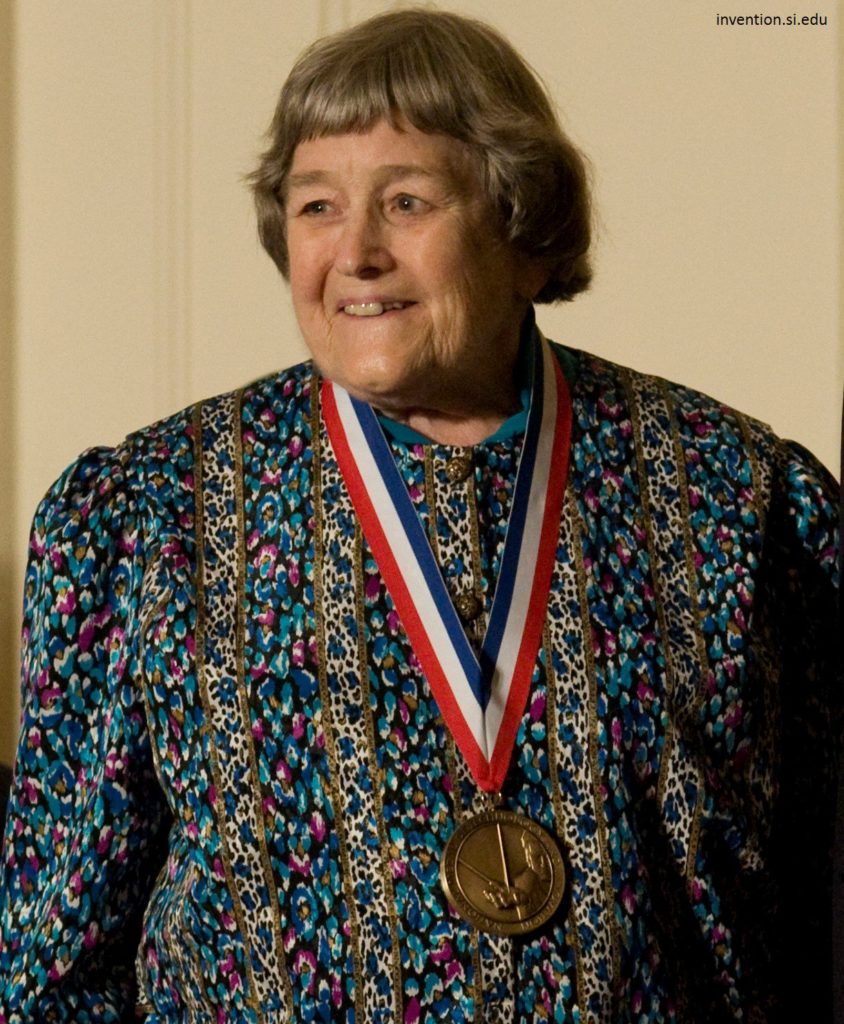
Yvonne Brill (1924-2013)
Few people believed in Yvonne Brill’s scientific potential. Her high school teacher told her that a woman would never succeed in a science career. Her father wanted her to stay and be a store keeper in their hometown of Winnipeg. She wasn’t allowed to study engineering at the University of Manitoba because of her gender. She disproved all of her doubters by getting a degree in both math and chemistry, graduating in 1945 as the top student in both majors.
When Yvonne graduated, she joined the Douglas Corporation in Los Angeles. There was a shortage of technical graduates due to males being drafted to serve in World War II. She was a part of a team that was working on a contract for placing a satellite in an earth orbit. Basically she crunched numbers on a calculator. While at Douglas, Yvonne decided to get her masters to see if she could break out of her theoretical, paper-oriented career path. She took night classes at USC, and in 1951, she added a master’s in chemistry to her academic credentials.
Yvonne decided to leave Douglas to get more hands-on experience. She joined a small company called Marquardt doing work on propellants for ramjets. This was when she began doing engineering work. Being the only woman engineer, Yvonne felt some unexpected leeway for innovation. She later noted, “I decided there were so few women engineers that they were not about to make a rule to discriminate against one person and that proved to be perfectly correct.”
The next several years in Yvonne’s career involved marriage, the birth of three children, a number of job changes and relocations, and taking time off to raise her children. When she returned to work, she pioneered the development of a new system for rocket propulsion used on rockets for the launch of commercial satellites as well as rockets used in moon missions.
Yvonne received a number of awards for her pioneering work including the National Medal of Technology and Innovation and the selection to the National Inventors Hall of Fame. She was also selected for the National Academy of Engineering and became a Fellow of the Society of Woman Engineers. It’s ironic that she has received the highest honors an engineer can receive, but was not allowed to study engineering in college.
Just imagine what it feels like when, because of your sex or gender, you’re told you cannot pursue your chosen career. How much talent was lost because of such restrictions in higher education? How might we still be discouraging young people from pursuing their dreams due to such factors as gender, race, ethnicity, economic status, or other factors? How might we overcome these barriers so that individuals are no longer held back from where their talent might lead them?
* * *
“There are still companies all over the place where they have just one woman engineer. And that individual needs to have someone – others to relate to, to maintain their equilibrium sometimes in that job they hold, you know, to help them realize they’re on the right path.”– Yvonne Brill
This is part of our “Just Imagine” series of occasional posts, inviting you to join us in imagining positive possibilities for a citizen-centered democracy.



